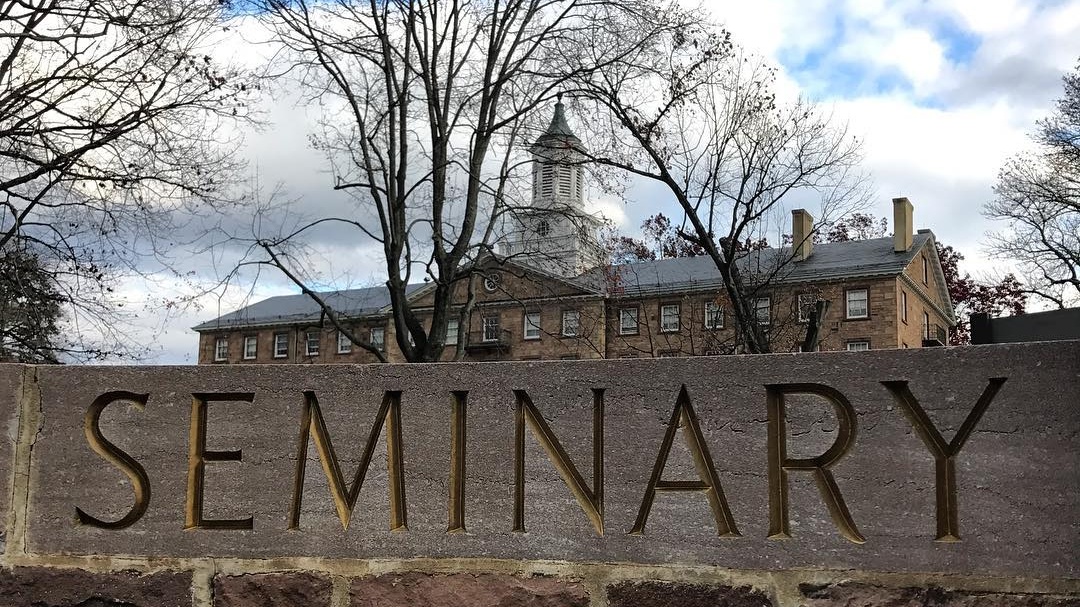A New Jersey seminary pledged millions toward reparations for its involvement in slavery.
The Princeton Theological Seminary, which is not affiliated with Princeton University, announced it would set aside $27.6 million to atone for benefiting from slavery. According to NJ.com, the seminary received donations from slaveholders. It also invested in Southern banks that profited from slavery. Additionally, the school's founders used slave labor and believed free Black people should be sent to Liberia.
"The seminary's ties to slavery are a part of our story," President M. Craig Barnes said. "It is important to acknowledge that our founders were entangled with slavery and could not envision a fully integrated society… We did not want to shy away from the uncomfortable part of our history and the difficult conversations that revealing the truth would produce."
The money will be used for several initiatives including 30 new scholarships for the descendants of slaves and others from marginalized backgrounds. It will also fund five new doctoral fellowships and the hiring of a full-time director of the Center for Black Church Studies.
Princeton Seminary's promise is believed to be the largest a post-secondary institution has pledged for reparations.
Georgetown University said it would raise its tuition so it can distribute reparations to the descendants of 272 enslaved people who were sold by the institution's leaders. The Virginia Theological Seminary created a $1.7 million fund last month. Rutgers and Princeton Universities acknowledged their involvement in slavery but did not offer compensation.
Princeton Seminary's plans were welcomed, but some are cautiously optimistic, according to The New York Times.
Nicholas Young, president of the Association of Black Seminarians, said the fund was "a good start" but lower than what the seminary's accounting department recommended. He believes the school should also acknowledge the way leaders "used theology to justify the institution of slavery."
Rev. Dr. Yolanda Pierce, who taught at the seminary for a decade before her 2017 departure, agreed.
"What is the debt owed by the places that created and developed the theology that justified enslavement?" she said. "How do we change the classes, how do we change the curriculum, how do change the attitudes?"
Pierce knows it isn't going to be a quick fix, but she doesn't think money is the only solution.
"You're not going to do it overnight," she continued. "And you're not going to do it with a check."
